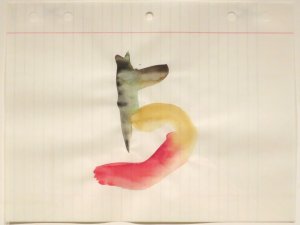A Quote by Quintilian
A great part of art consists in imitation. For the whole conduct of life is based on this: that what we admire in others we want to do ourselves.
Related Quotes
Unconsciously we all have a standard by which we measure other men, and if we examine closely we find that this standard is a very simple one, and is this: we admire them, we envy them, for great qualities we ourselves lack. Hero worship consists in just that. Our heroes are men who do things which we recognize, with regret, and sometimes with a secret shame, that we cannot do. We find not much in ourselves to admire, we are always privately wanting to be like somebody else. If everybody was satisfied with himself, there would be no heroes.
Once you are afraid of death you are bound to be afraid of life. That`s why I am talking about this Hasidic approach. The whole approach consists of methods, ways and means of how to die - the art of dying is the art of living also. Dying as an ego is being born as a non `ego; dying as a part is being born as a whole; dying as man is a basic step towards being born as a God.
How we conduct ourselves in this life will determine what we will be in all the eternities to come. To receive the blessings of the sealing that our Heavenly Father has given to us, we have to keep the commandments and conduct ourselves in such a way that our families will want to live with us in the eternities.
I believe it is no wrong Observation, that Persons of Genius, and those who are most capable of Art, are always fond of Nature, as such are chiefly sensible, that all Art consists in the Imitation and Study of Nature. On the contrary, People of the common Level of Understanding are principally delighted with the Little Niceties and Fantastical Operations of Art, and constantly think that finest which is least Natural.
ART Art is that thing having to do only with itself—the product of a successful attempt to make a work of art. Unfortunately, there are no expamples of art, nor good reasons to think that it will ever exist. (Everything that has been made has been made with a purpose, teverything with an end exists outside of that thing, i.e., "I want to sell this", or "I want this to make me famous and loved", or "I want this to make me whole", or worse, "I want this to make others whole.") And yet we continue to write, paint, sculpt and compose. Is this foolish of us?
If music in general is an imitation of history, opera in particular is an imitation of human willfulness; it is rooted in the fact that we not only have feelings but insist upon having them at whatever cost to ourselves. The quality common to all the great operatic roles, e.g., Don Giovanni, Norma, Lucia, Tristan, Isolde, Br?nnhilde, is that each of them is a passionate and willful state of being. In real life they would all be bores, even Don Giovanni.


































